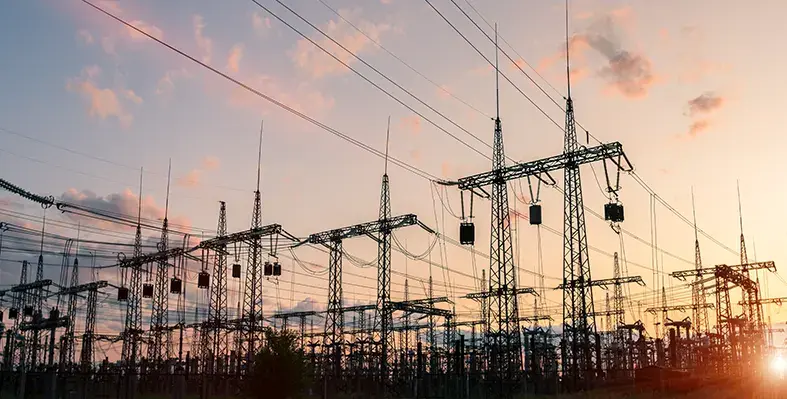Uganda has launched the Ncwera Mini Hydro-Power Project in Mitooma District to boost rural electrification, enhance businesses, and support economic growth
Deputy speaker Thomas Tayebwa has emphasised that unreliable and costly electricity continues to hinder the potential of businesses, schools, healthcare facilities, and households across Uganda
Tayebwa made these remarks while presiding over the ceremony for the Ncwera Mini Hydro-Power Project in Ruhinda North County, Mitooma District.
The project is part of the Electricity Access Scale-Up initiative spearheaded by the Uganda Energy Credit Capitalisation Company (UECCC) and is being financed through the ORIO Infrastructure Fund from the Netherlands.
Tayebwa, who also serves as the area representative, highlighted that the project would not only provide electricity to households but also create new economic opportunities.
"Farmers will be able to process their produce efficiently, small businesses will thrive, and our children will have better opportunities to study," he stated.
He praised the Ministry of Energy and Mineral Development for extending key energy infrastructure to communities and urged further efforts to expand similar projects to other underserved areas.
Energy Minister Ruth Nankabirwa emphasized that the project aligns with the government’s goal of delivering affordable electricity to drive industrial growth and economic transformation.
"I am pleased to note that in the agreement that was signed, the tariff is 5.3 US cents per unit, which is good. We have been trying to reduce the cost of electricity and since hydropower is the cleanest source of energy, it is the cheapest," said Nankabirwa.
"We have two sub-counties that have electricity poles without electricity wires, which means people there do not have access to electricity. There has also been a lot of load shedding in the district, which has affected many businesses," Agasha noted.
"With a growing need for energy in rural areas that have limited access to the grid network, we believe that these mini-hydropower plants will service communities and spur economic development through industrialisation, which will in turn increase employment and opportunities for the growing population," Van Ettro said.
UECCC managing director, Roy Nyamutale Baguma, revealed that in addition to Mitooma District, the ORIO Mini Hydropower Project will support the implementation of eight more projects across six districts: Bushenyi, Kasese, Bundibugyo, Kabarole, Bunyangabo, and Hoima.
He further noted that upon completion, the nine mini-hydropower sites will collectively generate 6.7 megawatts and establish a 288-kilometre distribution network, significantly enhancing rural electrification.
"The project sites are located in hard-to-reach areas with challenging topography and geophysical conditions, which makes it inefficient to wheel power over long distances to such very hard-to-reach places," said Baguma.
He confirmed that the Ncwera project is expected to be completed within a year and is designed to align with key national policies, including the National Development Plan (NDP IV), Vision 2040, and Sustainable Development Plan 7.
Also read: Siemens wins award, transforms Ghana’s electricity management












